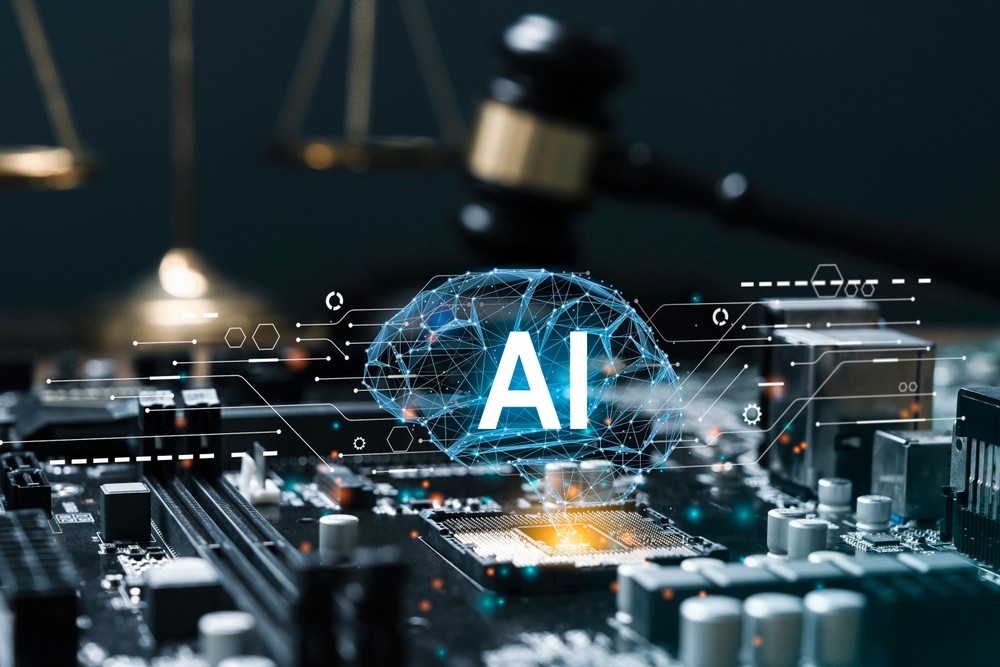As artificial intelligence (AI) continues to gain notoriety, new tools are emerging that could have profound impact on a wide range of sectors and professions.
One such profession is cybersecurity - a vital function for all businesses in today’s landscape, and yet one which is facing significant challenges in attracting and retaining the right talent.
In a study of more than 1,000 cybersecurity professionals across the US and Europe, it was found two thirds (66%) had “significant stress at work” - with nearly as many saying that stress impacted their work performance.
But with Generative AI, there’s an opportunity to both optimise the human element of cybersecurity while improving the quality of life (and work) for those on the frontline. In this coming year, Gen AI will begin to take on tedious, administrative tasks on behalf of security teams. In addition, it will enable junior cybersecurity professionals to take on more challenging, higher-level tasks - taking the pressure off of those at the top.
By embedding this type of Gen AI into existing workflows, it will not only free up security analysts’ time in their current roles, but enable them to take on more challenging work - alleviating some of the pressure that has been created by current security workforce and skills challenges.
Take for example Microsoft Copilot for Security, which dramatically reduces the manual burden on security professionals, allowing them to respond to cyberthreats quickly, process signals at machine speed and assess their organisations’ risk exposure in minutes.
Alleviating the admin strain on cybersecurity pros
One of the big advantages of Gen AI tools like Microsoft Copilot for Security is that they can be used to do cumbersome, manual tasks that take time away from cybersecurity professionals doing what they do best - stopping the bad guys from getting in.
Tools like Microsoft Copilot for Security can be used for example to translate technical content into a more readable, user-friendly format. Such tools can enable security teams to analyse data from a vast range of different sources or modules, enabling them to conduct traditionally time-intensive, tedious data analysis with speed and precision.
Gen AI can also be used to create summaries of incidents and threat assessments in simplified language that is more understandable and actionable for novice users, thereby significantly alleviating the admin strain on security professionals.
Reducing human error and stress
Gen AI tools will also be able to reduce human error in spotting threats and the stress that comes with it for security professionals.
For example, AI is able to detect phishing emails that humans might miss, noticing even the smallest grammatical errors that a human may reasonably find difficult to spot. This helps the good guys sift through data, detect phishing attempts, and provide real-time security suggestions.
Threat detection and response also becomes more efficient for security professionals with tools like Microsoft Copilot for Security, surfacing the key information they need to make decisions quickly.
Perhaps one of the greatest benefits of Gen AI is the shift from reactive to proactive cybersecurity. By alerting teams to potential threats based on learned patterns, Gen AI allows for pre-emptive actions before a breach occurs, preventing the stress that occurs when threat actors get in.
Mind the skills gap
AI also has the potential to help shrink the UK’s cybersecurity skills gap. This skills gap has plagued both the global and UK cybersecurity industry for years - with no obvious way to bridge it.
For organisations AI tools can automate some processes and help eliminate the need for some roles where they may be struggling to recruit the right talent, or empower junior members of staff to complete more complicated tasks
Through AI, and reducing the stress of the job via AI, cybersecurity also becomes a much more attractive job prospect. Security professionals can now use AI tools to help them complete labour-intensive, manual tasks much quicker, allowing them to focus on the more rewarding aspects of the role, including finding new ways to stay one step ahead.




